Keep the debate going by (re)viewing, broadcasting or organising screenings of the video of the TGF held on 19 November 2024. 1 hour of stimulating reflection guaranteed!
In research and elsewhere, we keep hearing that the future lies in reuse, circularity and recycling. Yet materials science research today seems to pay little heed to this injunction.
On the contrary, it is constantly pushing back its limits through the invention of new alloys, new coatings, new composites and new manufacturing methods to meet ever more ambitious applications – but producing materials that are ever more specific, ever more energy-intensive and ever more difficult to disassemble.
Is this race towards high-tech complexity fundamentally necessary to build the infrastructures and tools of a sustainable society – or is it now time for materials science to give up the lure of novelty and focus on sobriety?
To resume: do we still need to invent materials?
In order to reflect on this issue, a Tribunal for Future Generations was held on November 19, 2024, in the grand amphitheater of the Conservatoire National des Arts et Métiers. During this conference-performance, using the format of a courtroom trial, real experts took the stand in a fictional tribunal.*
The witnesses were chosen to represent a wide range of themes, perspectives, and backgrounds: academic and industrial research, the past and the future through the history of materials and science fiction. On the prosecution and defense sides, two PhD students specializing in materials science—and representing future generations—led the debate with both rigor and humor, under the watchful eye of a no-nonsense presiding judge!
Auto-subtitles available on Youtube parameters
This event was organised in partnership with Usbek & Rica, the media that explores the future, and was made possible thanks to the support of the DIM MaTerRE of the Île-de-France region, the CNRS, the CNAM, the SF2M and Mecamat.
*Court for Future Generations is a registered trademark of Usbek & Rica, the media exploring the future.
Where do we go from here?
Would you like to join in and extend this debate? So would we!
The video is now freely available: you can watch it alone on your sofa, with friends, use it in your lessons or project it in a professional context.
If you are organising a group screening, all we ask is that you complete the short questionnaire available at this link: https://forms.office.com/e/DnB8yvnZ4z
This will enable us to provide you with information for our work and, we hope, for your thoughts on the subject. You can also fill in the questionnaire if you would like to send us your individual feedback!
Need support or want to get the debate going again live? Lola Lilensten and Mathilde Laurent-Brocq are available to take part in screenings, debates and other hybrid formats.
Contact: dim-materre@espci.psl.eu
Further information
THE WITNESSES
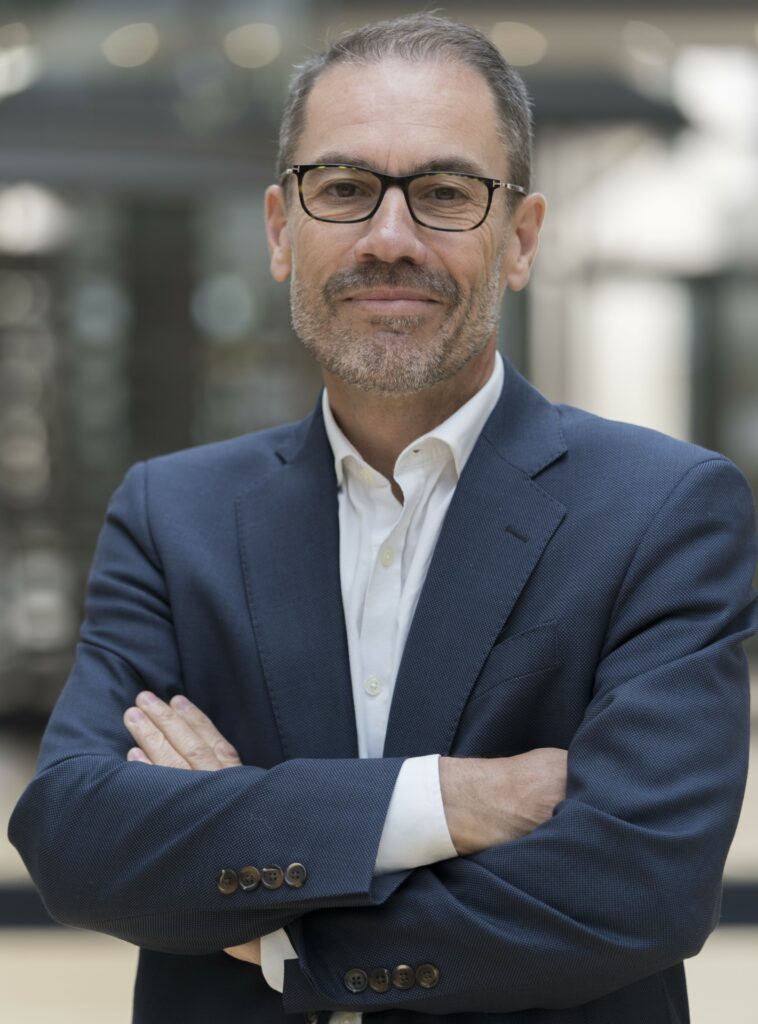
Olivier Delcourt is a materials specialist in the automotive and aerospace industries. He is currently Director of the Materials & Processes division of SAFRAN TECH, the SAFRAN group’s shared research centre. He is also Chairman of IRT M2P (Institut de Recherche Technologique Matériaux Métallurgie et Procédés).
Catherine DUFOUR is an author of SFFF (science fiction, fantasy and fantastic). She is also a computer engineer, a columnist for Le Monde Diplomatique and a lecturer at Sciences Po Paris. Her latest book, ‘Les champs de la Lune’, will be published in 2024 by Robert Laffont, in the ‘Ailleurs et demain’ collection.
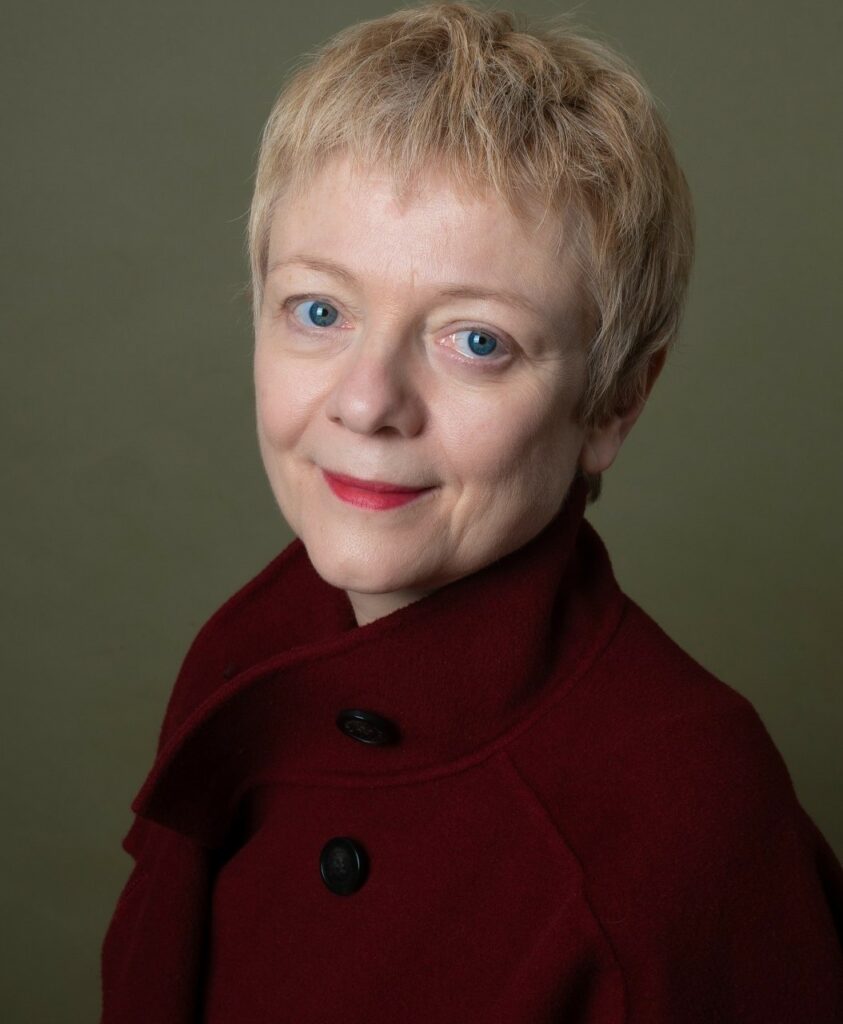
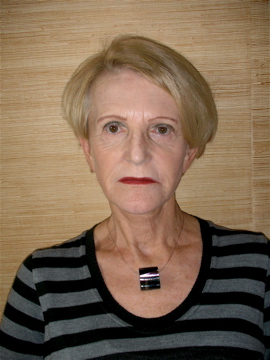
Louisette Priester is a professor emeritus. She has taught materials science in various university courses: master’s, DEA and master’s degrees. Her research focused on grain boundaries in crystalline materials. Now retired, she is committed to promoting the theme of ‘Materials’ in a popular science approach, notably in her latest book, Les matériaux : histoire, science et perspectives (Priester, 2024).
Jean-Pierre RASKIN is a civil engineer, industrial engineer and doctor of applied sciences. He teaches micro- and nano-electronics at UCLouvain. His pioneering work on the properties of silicon on a nanometric scale has led to numerous technological applications and earned him many awards.
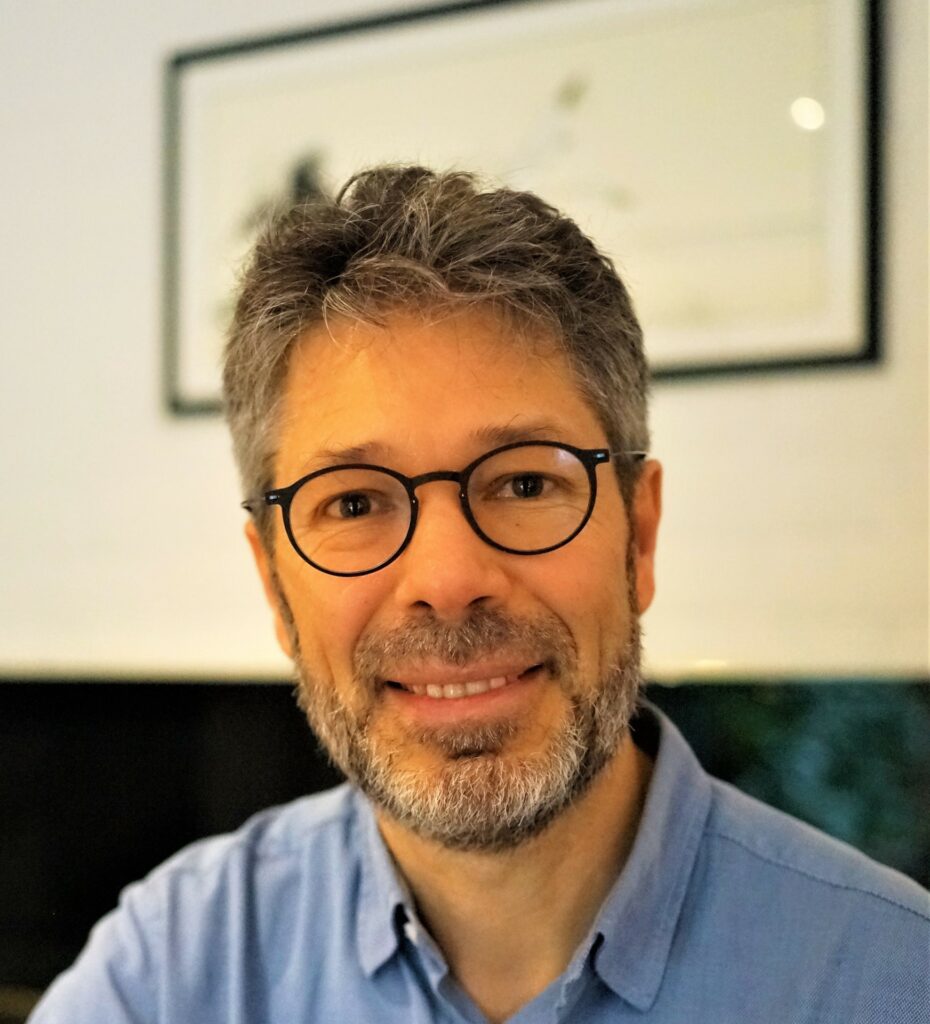
THE COURT
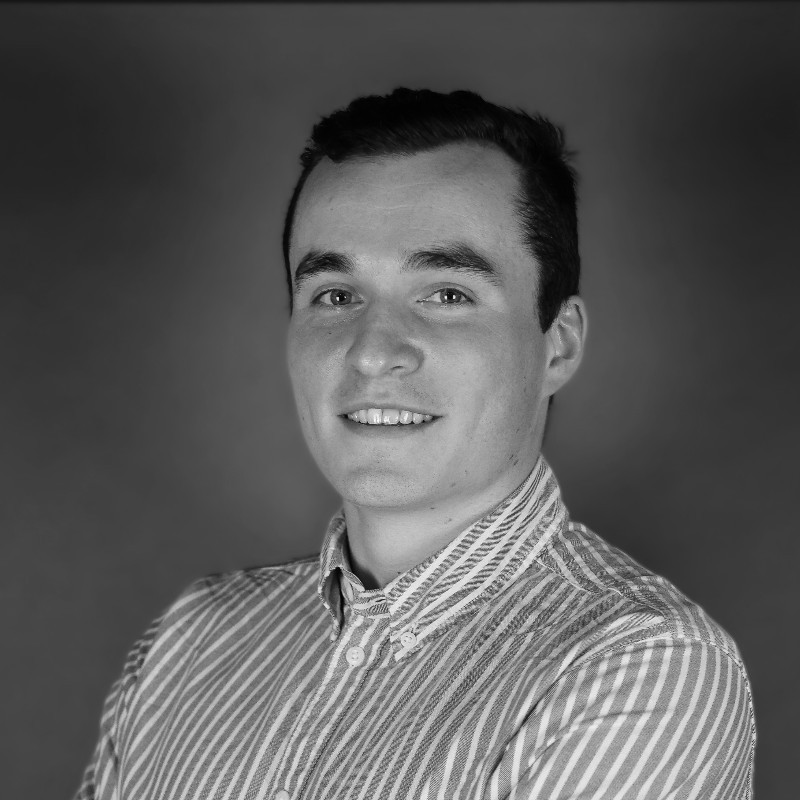
Gaël PARPAN is a PhD student at the Conservatoire National des Arts et Métiers, in the PIMM laboratory. Following an engineering degree in materials science, his thesis focuses on the prospective modelling of copper availability and its influence on technological deployment trajectories, in the context of climate change mitigation scenarios.
Lluis PINO is a freelance lecturer and director, a contributor to the Usbek & Rica and Climax media, and a specialist in environmental, innovation and social issues.
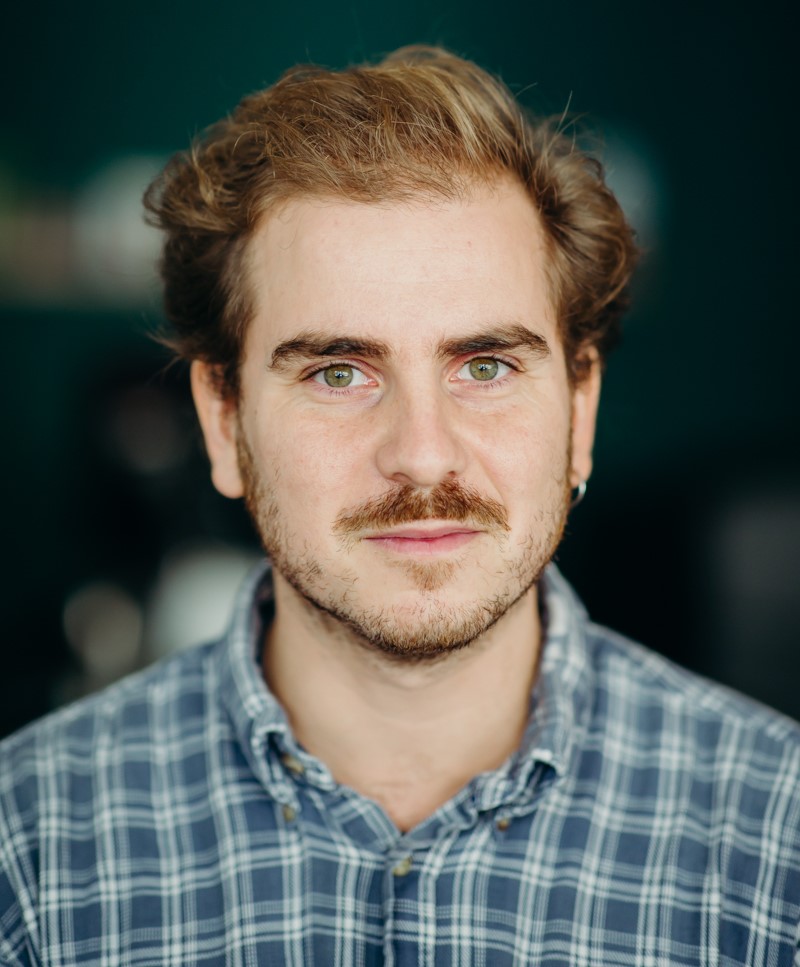
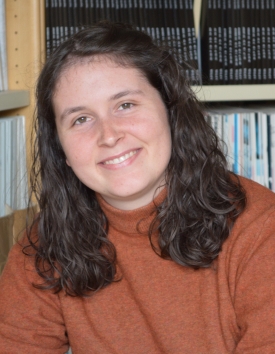
Pauline STRICOT is a PhD student in the Materials and Structures Department at ONERA and the Materials Centre at Mines de Paris. Her thesis focuses on the study of microstructural changes in pure aluminium using experimental observations and numerical modelling. She is interested in microstructural changes under mechanical, thermal and thermo-mechanical stress.

